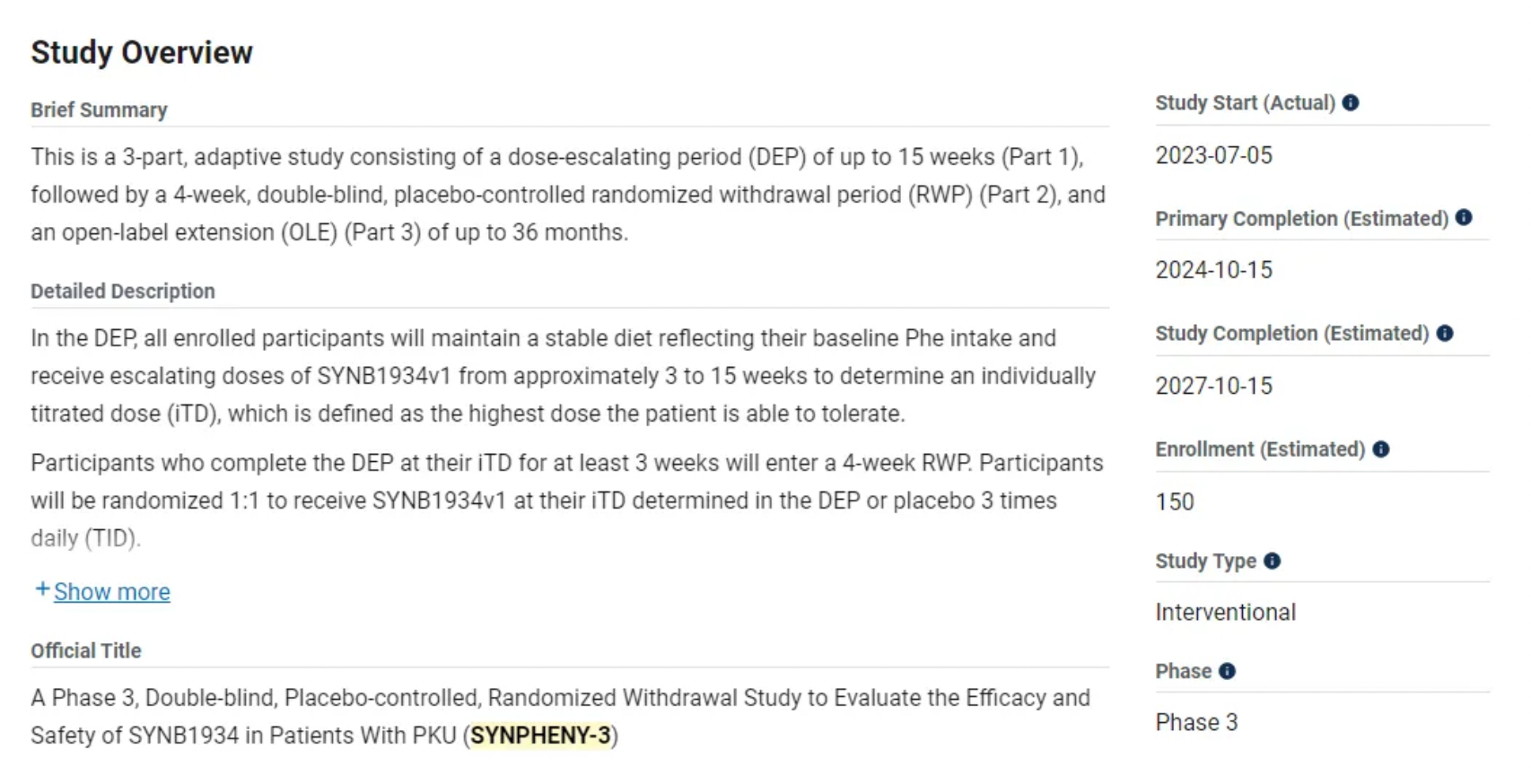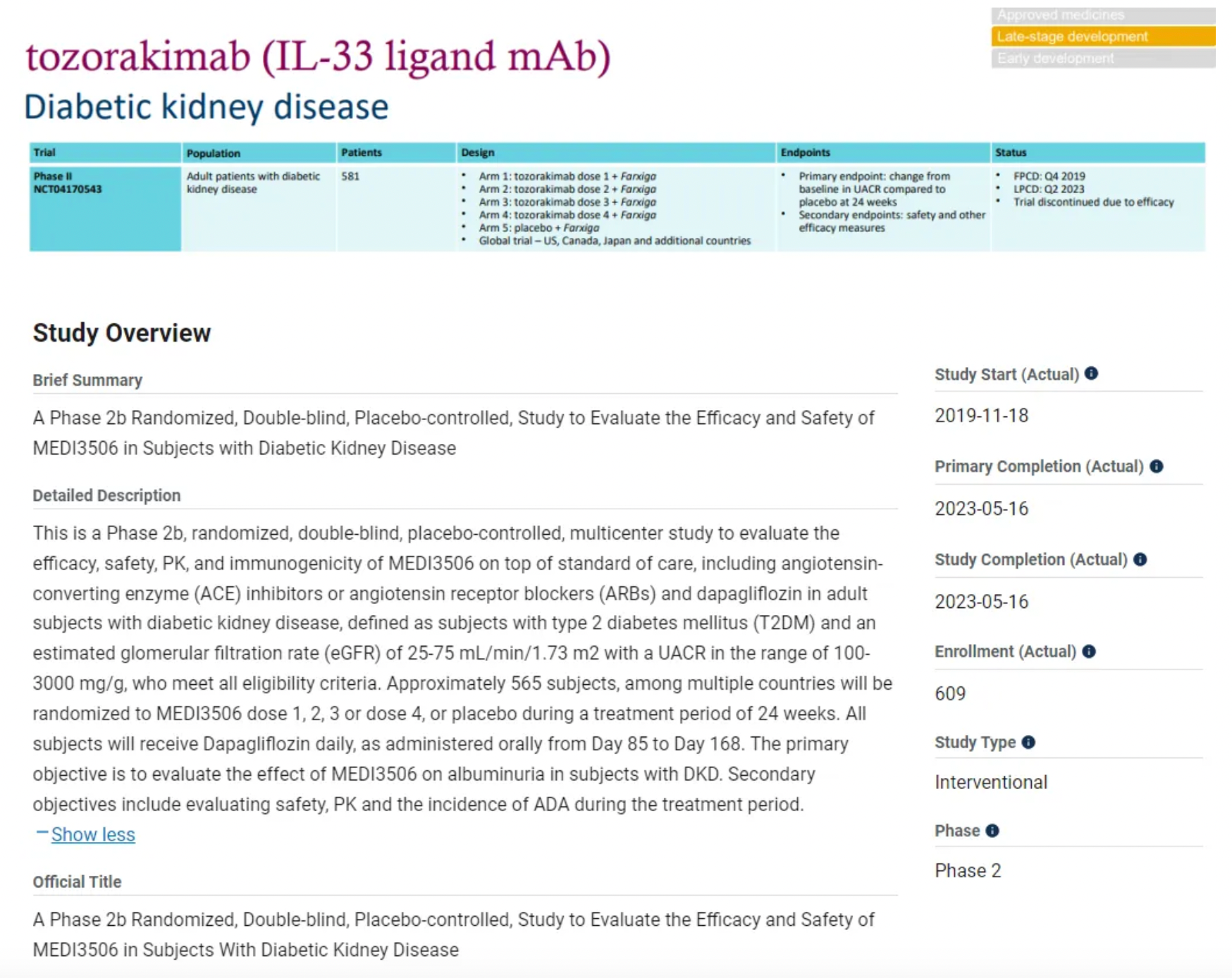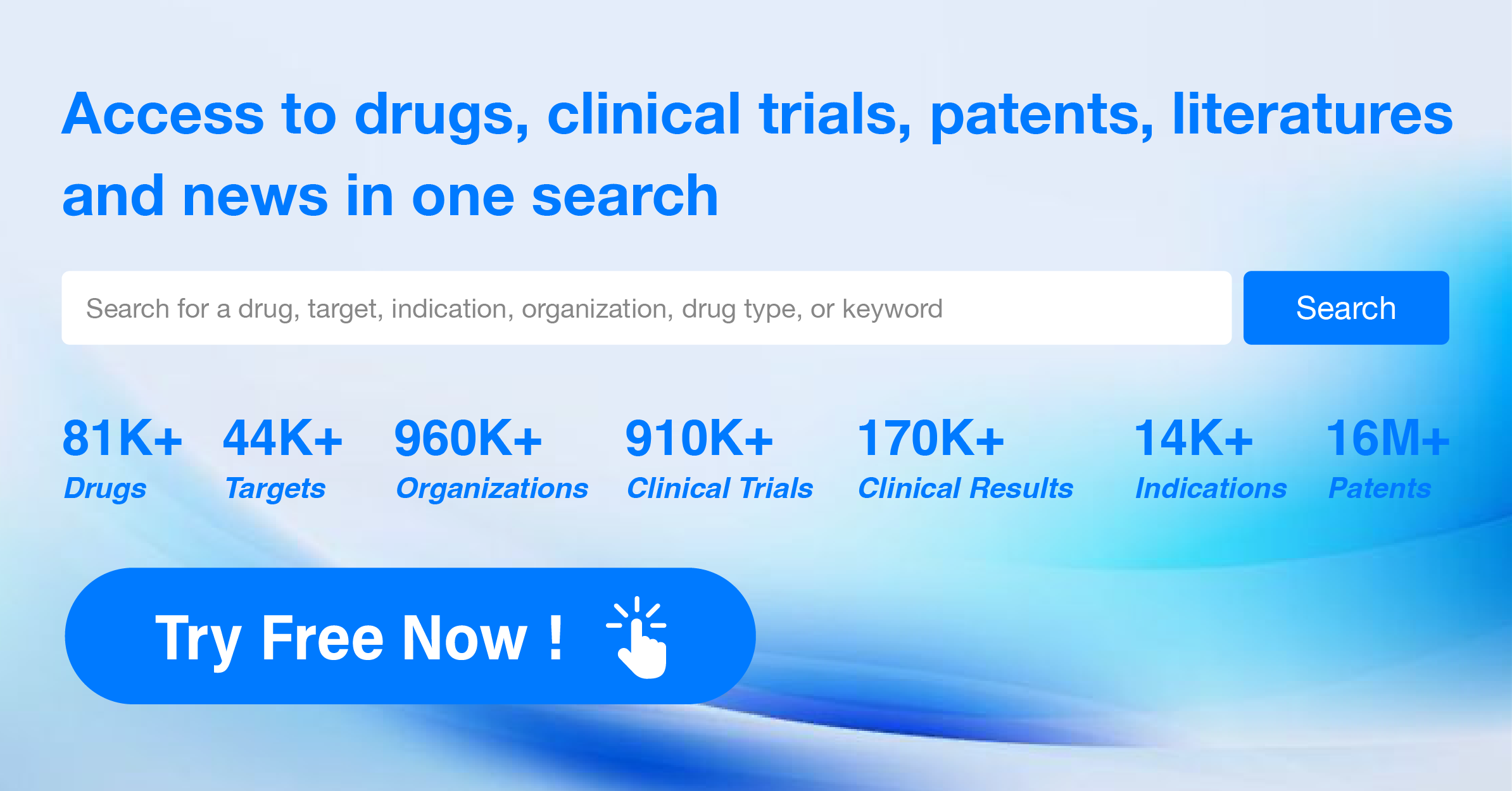Summary of Global Clinical Trial Failures in February 2024
1. Asieris Pharmaceuticals: APL-1202
Indication: non-muscle invasive bladder cancer (NMIBC)
On February 5th, Asieris Pharmaceuticals announced that its product APL-1202, when used in combination with chemotherapy instillation to treat recurrent intermediate to high-risk non-muscle invasive bladder cancer (NMIBC), failed to meet the primary endpoint in a randomized, double-blind, controlled, multicenter pivotal clinical trial. Consequently, the company has decided to discontinue the further development of APL-1202 in combination with chemotherapy instillation for this indication.
APL-1202 is an orally-administered, reversible MetAP2 inhibitor with anti-angiogenic, anti-tumor activities, and the capability to modulate the tumor immune microenvironment. The study in question was a randomized, double-blind, controlled, multicenter pivotal clinical trial with the primary endpoint being event-free survival (EFS), where an "event" is defined as pathologically-confirmed recurrence, progression, or death caused by bladder cancer. The results indicated that although a trend toward effectiveness was observed in certain patient subgroups, the primary efficacy parameter of event-free survival (EFS) did not meet the pre-specified statistical hypothesis.
In addition to this study, the company is also conducting two other clinical trials with APL-1202. The Phase III clinical trial (Ascertain) of APL-1202 as a monotherapy for the treatment of untreated intermediate-risk NMIBC is currently in the patient enrollment phase. The Phase II clinical trial (Anticipate) of oral APL-1202 in combination with atezolizumab as a neoadjuvant treatment for muscle-invasive bladder cancer (MIBC) has completed enrollment of all participants, with the expectation to report top-line data from the Phase II trial in the third quarter of 2024. The interim analysis of the Anticipate study has already been conducted, and the results have met the pre-set requirements of the protocol.
2. Lilly: Verzenio
Indication: metastatic castration-resistant prostate cancer (mCRPC)
Clinical Trials: Phase 3
On February 6, Lilly reported that Verzenio did not meaningfully extend survival without cancer progression or death in mCRPC patients when combined with Johnson & Johnson's Zytiga and prednisone, as seen in their Q4 financial update.
Despite the phase 3 CYCLONE-2 trial setback, Verzenio continues to hit sales records, with $1.15 billion in Q4 revenue. This occurs as it prepares to compete with Novartis' Kisqali in early breast cancer, which contributed to Verzenio's 56% revenue increase in 2023.
3. Gilead: magrolimab
Indication: Acute Myeloid Leukemia (AML)
Clinical Trials: Phase 3
On February 7th, Gilead announced the termination of the Phase 3 ENHANCE-3 study of the CD47 monoclonal antibody magrolimab for the treatment of Acute Myeloid Leukemia (AML). The FDA has placed all magrolimab studies, including those for Myelodysplastic Syndromes (MDS) and AML as well as related expanded access programs, under full clinical hold. These decisions were made following recommendations from an independent Data Monitoring Committee, which reviewed preliminary data from a planned interim analysis of Overall Survival (OS) in the ENHANCE-3 trial. In this analysis, magrolimab, in combination with azacitidine and venetoclax, showed no therapeutic benefit and an observed increase in the risk of death, primarily due to infections and respiratory failure.

Preliminary analyses of data from the other two clinical trials for high-risk MDS (ENHANCE) and TP53-mutant AML (ENHANCE-2) also indicated an increased risk of death in patients treated with magrolimab, as well as no therapeutic benefit. Based on these outcomes, Gilead has stated that they will no longer pursue the development of magrolimab for hematologic diseases.
4. Synlogic: SYNB1934
Indication: Phenylketonuria (PKU)
Clinical Trials: Phase 3
On February 8th, Synlogic announced the termination of the Synpheny-3 study, a Phase III clinical trial investigating labafenogene marselecobac (SYNB1934) as a potential treatment for Phenylketonuria (PKU). SYNB1934 is a bacterial strain engineered using synthetic biology to degrade phenylalanine.
The decision to terminate the Synpheny-3 trial was based on the results of an internal review conducted prior to the upcoming evaluation by an independent Data Monitoring Committee (DMC), which indicated that the trial was unlikely to meet its primary endpoint. This decision was not based on concerns about safety or tolerability. Synlogic will now work with the clinical trial sites involved with Synpheny-3 to carry out the decision to terminate the trial.

5. AstraZeneca: Tozorakimab
Indication: diabetic kidney disease
Clinical Trials: Phase 2b
On February 8th, AstraZeneca announced during their annual report for the year 2023 that they have decided to discontinue the Phase IIb clinical trial (NCT04170543) of the anti-IL-33 monoclonal antibody Tozorakimab in combination with dagliflozin for the treatment of diabetic kidney disease due to insufficient efficacy.
The study aimed to evaluate the effectiveness and safety of MEDI3506 on top of standard care in patients with diabetic kidney disease. The primary objective was to assess the impact of MEDI3506 on albuminuria in adult participants with diabetic kidney disease, whereas the secondary objectives included evaluating safety, pharmacokinetics (PK), and the incidence of Anti-Drug Antibodies (ADA) during treatment.

6. CSL: CSL112
Indication: major adverse cardiac events (MACE)
Clinical Trials: Phase 3
On February 11th, CSL announced that the Phase III AEGIS-II trial of CSL112 did not meet its primary endpoint of reducing the risk of major adverse cardiac events (MACE) in post-acute myocardial infarction (AMI) patients.
7. AN2 Therapeutics: epetraborole
Indication: Refractory Mycobacterium avium complex (MAC) lung disease
Clinical Trials: Phase 3
On February 12th, AN2 Therapeutics announced a voluntary pause in patient enrollment for the Phase III segment of its seamless Phase II/III clinical trial (EBO-301), which aims to evaluate the efficacy and safety of the oral small-molecule bacterial leucyl-tRNA synthetase inhibitor, epetraborole, for the treatment of refractory lung disease caused by Mycobacterium avium complex (MAC).

This double-blind, placebo-controlled clinical trial is divided into two cohorts that compare the effectiveness of epetraborole combined with an optimized background regimen (OBR) versus placebo plus OBR. The Phase II segment of the study completed enrollment of 80 patients in September 2023, and to date, nearly 100 patients have been recruited in the Phase III portion. Enrolled patients will be allowed to continue participating in the study. After conducting a blinded pooled analysis of the ongoing Phase II research, the observed efficacy was potentially lower than expected, leading to the decision to voluntarily suspend the trial. This decision was not based on safety concerns; rather, the purpose of the Phase II trial was to lay the groundwork for the Phase III study. The company expects to present preliminary data from the Phase II trial in the summer of 2024.
8. Otsuka Pharmaceutical: AVP-786
Indication: agitation associated with Alzheimer's disease dementia
Clinical Trials: Phase 3
On February 12th, Otsuka Pharmaceutical announced that the Phase III clinical trial (NCT03393520) of AVP-786 (deuterated dextromethorphan + quinidine) for treating agitation associated with Alzheimer's disease dementia failed to meet its primary efficacy endpoint.

AVP-786 is a combination formulation of deuterated dextromethorphan hydrobromide and the CYP2D6 inhibitor, quinidine sulfate. It has been observed that deuteration significantly reduces sensitivity to metabolism by the cytochrome P450 (CYP2D6) enzyme, thereby improving bioavailability. Regarding the primary efficacy endpoint, there was no statistically significant difference between AVP-786 and placebo in the average change from baseline in the total score on the Cohen-Mansfield Agitation Inventory (CMAI) at week 12.
9. Roivant Sciences: RVT-2001
Indication: myelodysplastic syndromes (MDS)
Clinical Trials: Phase 1/2
On February 13th, Roivant Sciences disclosed in its financial report that it has terminated the clinical Phase I/II trial of the SF3B1 modulator RVT-2001 for the treatment of myelodysplastic syndromes (MDS), due to interim analysis results that did not meet the expected efficacy.
In 2022, Roivant entered into a licensing agreement with Eisai to acquire the global exclusive rights to the investigational drug RVT-2001, which is a potential first-in-class oral small molecule that modulates the splicing factor SF3B1. RVT-2001 has already demonstrated in a cohort of 19 low-risk, transfusion-dependent MDS patients, that it can achieve transfusion independence in over 30% of those patients.
10. Denali/ Sanofi: DNL788
Indication: Amyotrophic Lateral Sclerosis (ALS)
Clinical Trials: Phase 2
On February 16th, Denali Therapeutics disclosed in a SEC filing that the Phase II HIMALAYA study of DNL788 (SAR443820) for the treatment of Amyotrophic Lateral Sclerosis (ALS) failed to meet the primary endpoint of significant improvement in the scores of the Revised ALS Functional Rating Scale (ALSFRS-R). As a result of this news, Denali's stock price fell by nearly 8%.
In October 2018, Sanofi and Denali embarked on an expansive collaboration for the global development and commercialization of RIPK1 inhibitors. Sanofi is leading the Phase I and Phase II clinical development of SAR443820/DNL788 for the treatment of ALS and Multiple Sclerosis (MS), and is collaborating with Denali on Phase III clinical trials for the treatment of ALS, MS, and Alzheimer’s disease.

SAR443820/DNL788 is an effective, selective, and brain-penetrant RIPK1 inhibitor co-developed by Sanofi and Denali. Sanofi will continue the K2 Phase II study of SAR443820/DNL788 in patients with Multiple Sclerosis; on January 8, Denali revealed in a press release that Sanofi had completed a Phase II trial of SAR443820/DNL788 for the treatment of Multiple Sclerosis (MS), recruiting a total of 174 participants.
11. Palatin: PL9643
Indication: Dry Eye Disease (DED)
Clinical Trials: Phase 3
On February 28th, Palatin announced the results of its pivotal Phase 3 clinical trial for PL9643, MELODY-1, which evaluated the safety and efficacy of PL9643 compared to vehicle in the treatment of Dry Eye Disease (DED).
MELODY-1 had two co-primary endpoints for efficacy: one clinical symptom (pain) and one clinical sign (conjunctival lissamine green staining), as well as multiple secondary endpoints for other symptoms and signs of DED. The treatment duration was 12 weeks, with a 4-week run-in period. Data analysis indicated that preliminary statistical analysis had to consider both age and gender (60% of the subjects were over 60 years old; 68% of the subjects were female). After adjusting for age and gender in the intent-to-treat (ITT) analysis, PL9643 treatment demonstrated statistically significant results with clinical relevance (a >10 point reduction in Visual Analogue Scale from baseline) and pain, the co-primary symptomatic endpoint (p<0.025), as well as several other symptomatic endpoints. PL9643 treatment showed a positive treatment effect above vehicle for the co-primary sign endpoint and secondary sign endpoints in the ITT population, but did not reach statistical significance. In the unadjusted planned analyses, the co-primary and secondary endpoints did not reach statistical significance.




